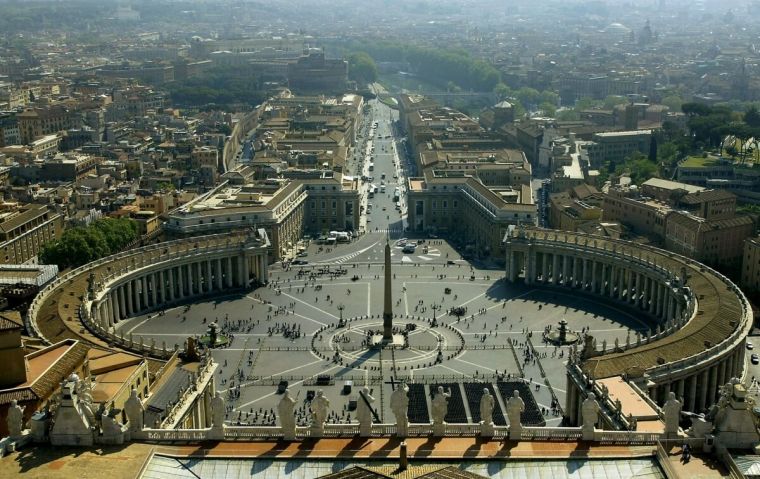Turkish envoy back at Vatican after withdrawal over Pope's 'genocide' comment

Turkey's ambassador has returned to the Vatican nearly 10 months after he was withdrawn in protest against Pope Francis's characterisation of the Armenian massacres as genocide.
Turkey does not deny that large numbers of Christian Armenians were killed during the early stages of the First World War, but disputes the figures – some calculations put number as high as 1.5 million – and the intention. It denies there was a systematic extermination programme and says the deaths of Armenians on death marches, by execution and starvation did not amount to genocide.
The Pope sparked a row with Turkey when he said the killing of up to 1.5 million Armenians in World War One was "the first genocide of the 20th century", just days before commemorations to mark the centennial of the massacres in April. The envoy to the Vatican was withdrawn.
Tanju Bilgic, the Turkish Foreign Ministry's spokesman, said the decision came after the Vatican on Wednesday praised Turkey's willingness to open its archives to historians and create a joint commission of scholars to explore past events. The Vatican's comment came in the context of a statement about Pope Francis having received a book by an Italian author about the Fourth Battle of the Dardanelles in 1657, between the Ottoman Empire and the Venetian Republic.
Francis is given many books at his general audiences on Wednesdays but the Vatican rarely issues statements about them, so praise for Turkey in the context of the book was a sign that the Holy See way trying to find a solution to the impasse, a diplomatic source told Reuters.
In the statement the Vatican also recognised the killing of a Turkish ambassador to the Holy See in 1977 by Armenian gunmen as terrorism, which Turkey "appreciated", Bilgic said.
While Turkey regularly withdraws its ambassadors from countries describing the massacres as genocide, the length of time involved in this case – 10 months – is unusual and both countries may have wished to normalise relations.
The genocide which began in 1915 was the culmination of centuries of oppression for the Armenians under Ottoman rule which included pogroms in 1894-96 and in 1909. Historians argue that the Nazi Holocaust during the Second World War followed similar patterns to the Armenian massacres.
Additional reporting by Reuters.











